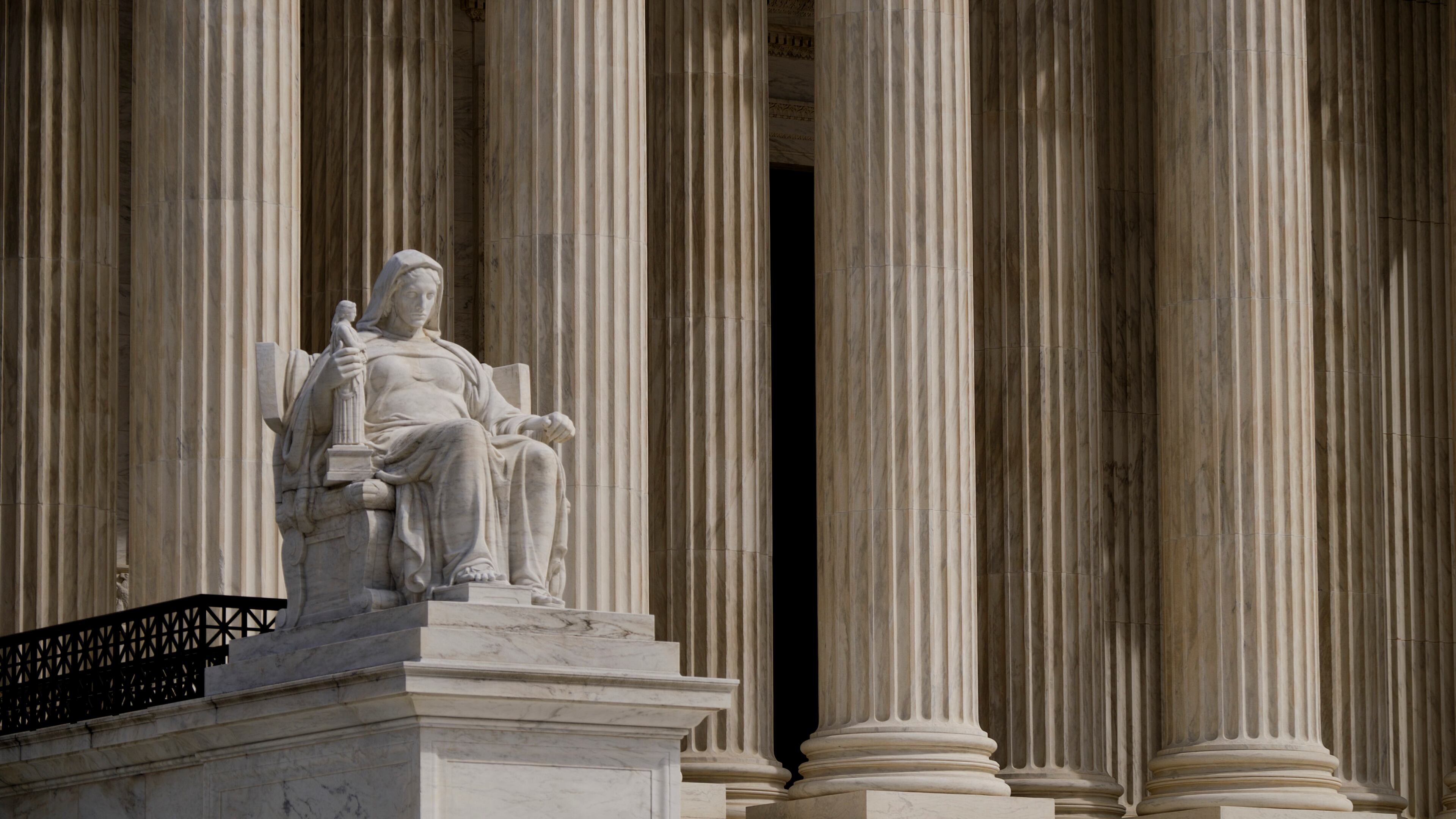U.S. Supreme Court to decide if public has free access to Georgia code

The U.S. Supreme Court on Monday agreed to decide whether the state of Georgia can sue someone for publishing the annotated version of its legal code without permission.
For copyright purposes, “the people” are the “constructive authors” of the annotated code, the 11th U.S. Circuit Court of Appeals said. “And because they are the authors, the people are the owners of these works, meaning that the works are intrinsically public domain material and, therefore, uncopyrightable.”
But state lawmakers appealed that ruling, and now the high court has agreed to hear it.
The annotated version of the Official Code of Georgia contains the precise wording of the state’s laws. It also includes summaries of state attorney general’s opinions, advisory opinions by the State Bar of Georgia, summaries of important court rulings, excerpts of law review articles, legislative histories and repeals.
If the Supreme Court upholds the 11th Circuit’s decision, it would mean the annotated code could be accessed for free. If not, it must be purchased for $404 from LexisNexis, a data collection company that prepared the annotations under contract with the state.
The case began when the state and General Assembly filed suit against Public.Resource.Org, which is published by Carl Malamud, a California-based advocate for open access to state legal documents. In court filings, the state has said if Malamud prevails, the state will have to stop publishing annotations altogether or use tax dollars to pay for them.


